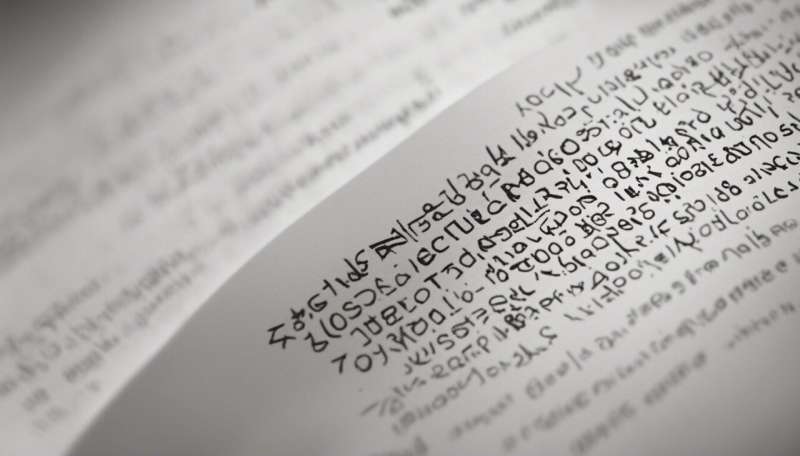New protocol cuts patient rehab time

There is good news for post-operative knee surgery patients with UWA research confirming that an accelerated return to full weight bearing is not only feasible, but it provides better outcomes.
UWA School of Sport Science, Exercise and Health researcher Dr Jay Ebert has been investigating optimal post-operative care for patients who undergo matrix-induced autologous chondrocyte implantation (MACI).
MACI is an approach used for regenerating cartilage defects in the knee, whether through injury or degeneration.
Dr Ebert's initial research supported the modification of this approach from a more invasive procedure to a two keyhole portal surgery.
"A Perth team has pioneered a technique to do the surgery without the open invasiveness and trauma that normally accommodates most knee surgeries," Dr Ebert says.
"So instead there are two keyhole portals, one for camera and one for instruments."
Through the MACI technique, doctors will typically harvest a small piece of cartilage "about the size of a tic tac" from a non-weight bearing part of the knee.
This sample is sent to a lab where the chondrocyte cells are isolated and cultivated or 'expanded' in vitro.
They are then seeded onto a synthetic collagen membrane and that membrane is then glued onto the bone.
The cells migrate through the membrane and through the glue, then attach to the bone where they proliferate and fill the lesion from the base up.
However, patients undergoing knee surgery are predisposed to early osteoarthritis, so Dr Ebert's research has focused on better protocols that can accelerate cartilage repair and therefore provide better post-operative quality of life.
"With time, those chondrocytes respond to load, so as you load the cells they proliferate, they differentiate, they produce tissue and they fill up the hole," Dr Ebert says.
"And it's that loading stimulus we are trying to optimise."
Traditionally, progressively increasing post-operative weight bearing and rehabilitation exercises have been conservative to prevent the graft from failing, because the cartilage is still very soft after the surgery.
However, according to the latest study, under the accelerated protocol patients reached full weight bearing at six weeks after surgery compared with eight weeks for what was considered to be the current ''best practice'' regimen based on previous research.
Dr Ebert says these protocols were designed with a younger cohort in mind, because patients can become frustrated with recovery time.
However, Dr Ebert emphasised that two to three months of further supervised rehabilitation is still recommended, however, so patients are supported toward normal function.
Accelerated Weightbearing Rehabilitation After Matrix-Induced Autologous Chondrocyte Implantation in the Tibiofemoral Joint Early Clinical and Radiological Outcomes was published online in the American Journal of Sports Medicine.
More information: ajs.sagepub.com/content/early/ … 46513495637.abstract


















